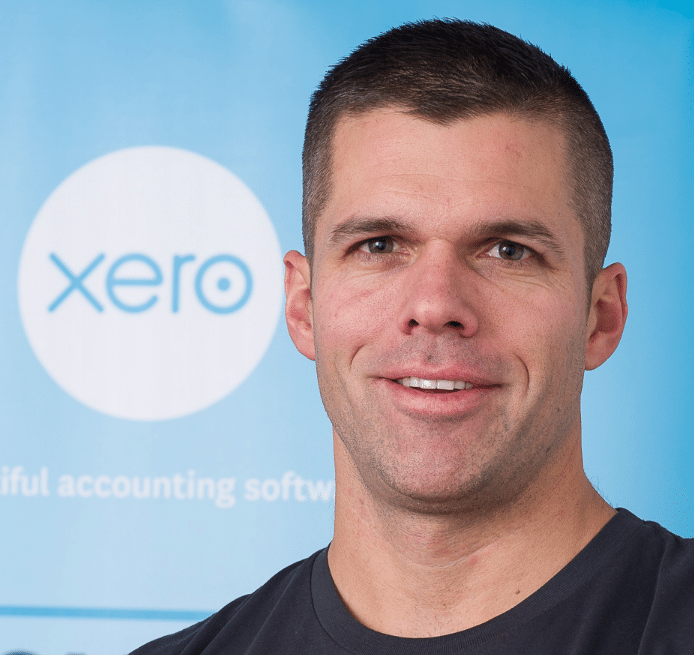By Colin Timmis, General Country Manager, Xero SA
To an accountant, tax administration is as nappy-changing is to a new parent: a key part of an often satisfying role – but let’s face it, not the part everyone enjoys.
Taxes must be submitted in the right order and in good time, or businesses could face legal and eventually commercial consequences. At the end of the financial year, it’s particularly important to stay on top of processes such as auditing, month-end procedures, reconciliation and payroll, especially if they’re still done manually.
With that in mind, it’s no surprise that many accountants are turning to cloud technology to make tax administration easier. A new report from Xero reveals that 56% of South African accountants are using tax administration software to manage returns due on eFiling.
And it’s not hard to see why.
Working digitally – and working smarter
EFiling makes it easier than ever to file taxes quickly, simply, and with minimal hassle. We’re living in a truly digital era of tax administration. New programs, new technologies and new solutions have been developed and they’re making the process of filing your taxes online as simple and streamlined as possible. Finance Minister Tito Mboweni announced in his 2019 Budget speech that SARS was strengthening its IT team and IT systems in a bid to improve tax collection efforts. Expect eFiling to become more efficient and digitally sophisticated in the future. South Africa needs to become more digitally savvy in order to keep up.
It may well be a long road for the nation and its businesses alike, but with the help of tax administration software, it can become a less stressful journey. This cloud-based software can make it much easier to manage the flow of information and the necessary calculations – taking much of the complexity out of filing taxes electronically. If eFiling simplified tax, tax administration software is simplifying eFiling.
Why it’s time to overcome software skepticism
Despite the clear benefits, cloud software and tools remain underutilised. Traditional desktop solutions such as Outlook and Thunderbird are still used by 68% of respondents for tasks such as managing jobs and deadlines.
Digital transformation is here – but is business keeping up? Some 75% of accountants are considering migrating to the cloud. This is promising, but the 25% who aren’t thinking about it at all are putting themselves at a significant disadvantage.
Cloud technology offers greater flexibility and greater agility. It mitigates hassle, broadens user access and crucially, simplifies the process of tax administration. Beyond these functions, it mitigates the other daily frustrations of the job: for example an invoice can be chased and paid through an automated reminder system with no involvement from the accountant. It makes team collaboration easy and seamless, allowing professionals to work from home, from a client’s office, or even from the beach. Updates are installed quickly and automatically with no intervention from any human worker. It provides a clear overview of the client’s financial position: one that’s comprehensive, transparent and updated in real-time.
Cloud technology is, in other words, ignored at the accountant’s peril.


